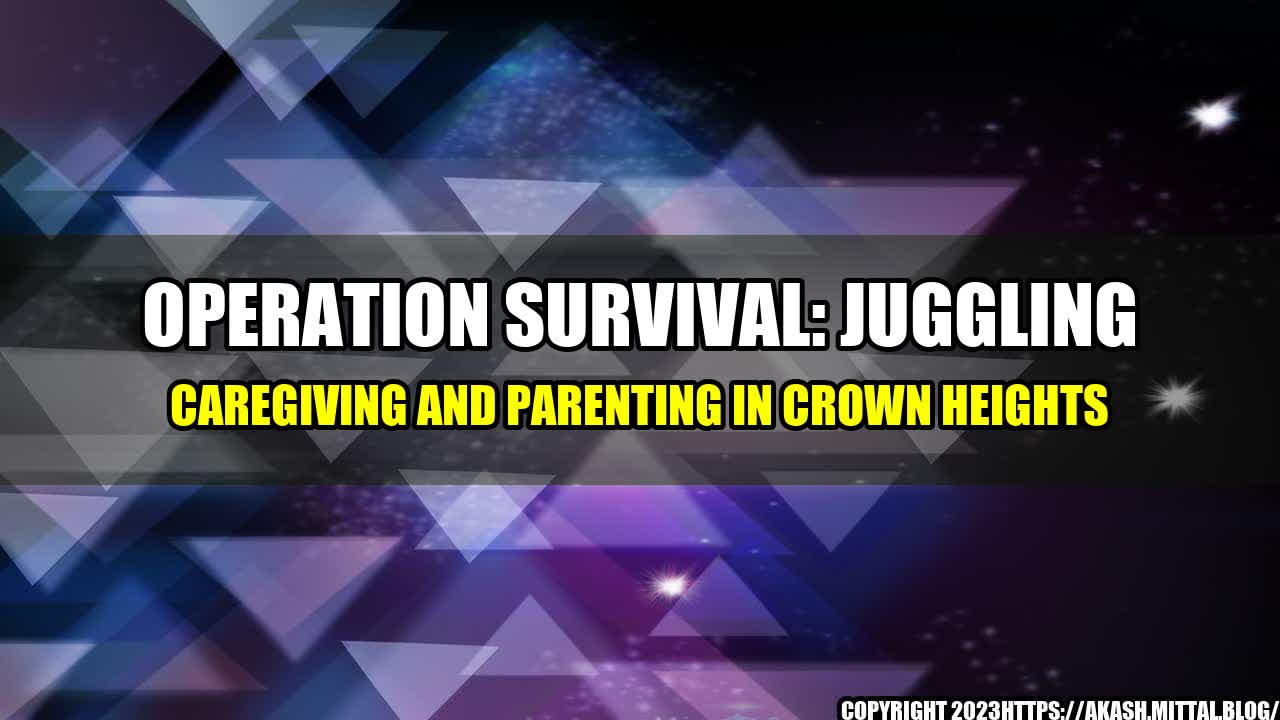As a mother of three young children and a caregiver to her aging parents, Sarah Cohen of Crown Heights has a lot on her plate. Between doctor appointments, meal prep, school pick-ups, and managing medications, she often finds herself overwhelmed and exhausted. But she's not alone. Many families in Crown Heights and beyond are facing the same challenges of juggling caregiving and parenting.
The Stats
The numbers paint a clear picture of the growing caregiving crisis in America:
- More than 43.5 million adults in the US have provided unpaid care to an adult or child in the past 12 months.
- The value of the services provided by informal caregivers is estimated to be $470 billion per year, almost as much as the total Medicaid spending.
- The majority of caregivers are women (60%), and more than one-third of them are also raising children under 18.
- Caregiving can take a toll on one's health, finances, and overall well-being.
The Challenges
For caregivers who are also parents, the challenges can be even more daunting:
- Time management: Caregiving and parenting both require a lot of time and attention, and it can be difficult to balance the two.
- Logistics: Coordinating schedules, transportation, and communication among doctors, schools, and other caregivers can be a logistical nightmare.
- Fatigue: Caregiving can be physically and emotionally exhausting, leaving little energy for parenting or self-care.
- Stress: Both caregiving and parenting can be stressful in their own ways, and when combined, they can create an overwhelming amount of stress.
The Solutions
While there is no one-size-fits-all solution to the challenges of juggling caregiving and parenting, there are some strategies that can help:
- Get organized: Use a planner or calendar to keep track of appointments, deadlines, and activities for both caregiving and parenting. Share this information with other caregivers and family members to avoid duplication or confusion.
- Find support: Join a caregiver support group or a parent support group to connect with others who understand your challenges. Ask for help from friends, family, or neighbors when you need it, whether it's for a few hours of respite care or a home-cooked meal.
- Take care of yourself: You can't take care of others if you don't take care of yourself first. Make time for exercise, relaxation, and hobbies that bring you joy. Seek professional help if you're feeling overwhelmed or depressed.

Curated by Team Akash.Mittal.Blog
Share on Twitter Share on LinkedIn